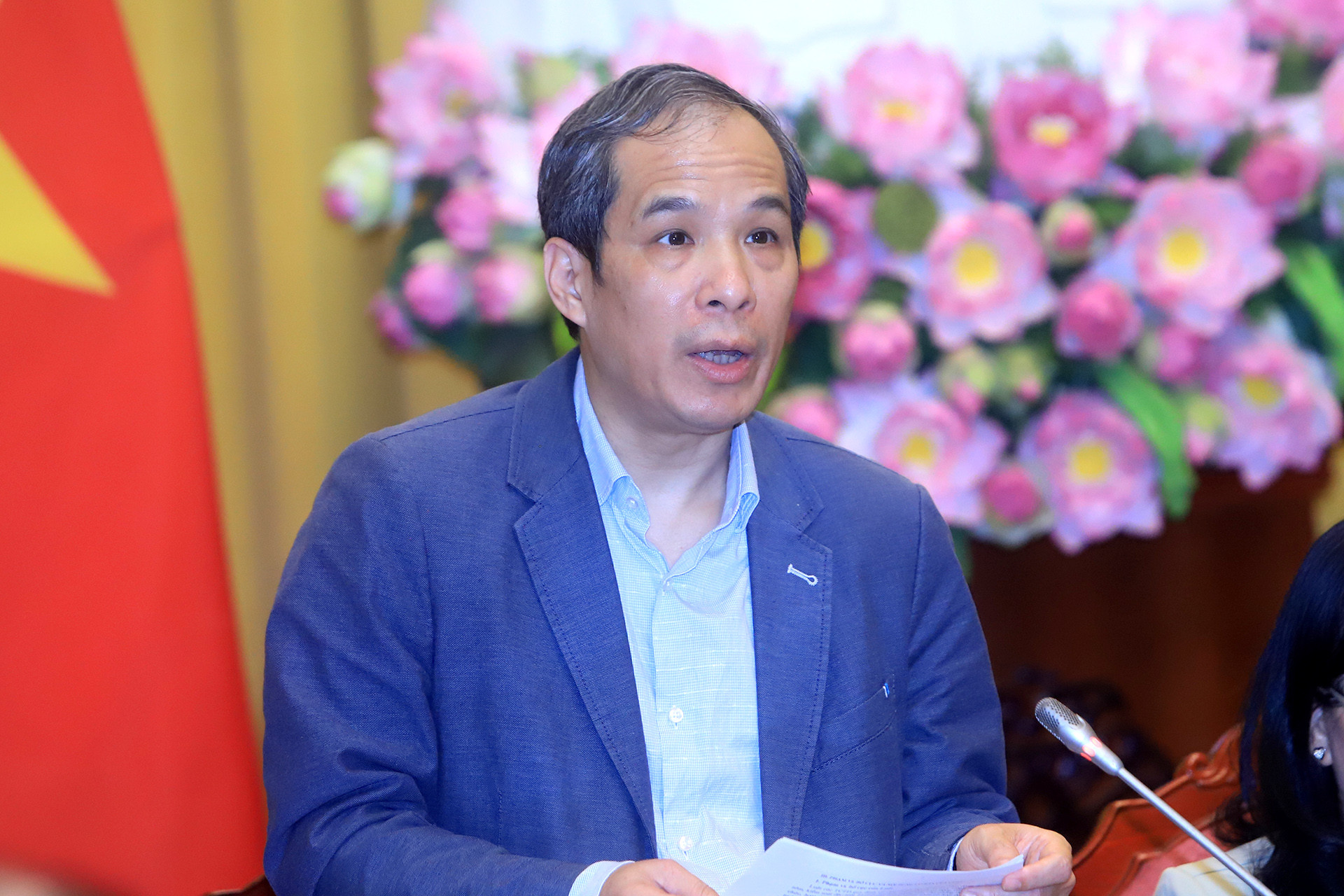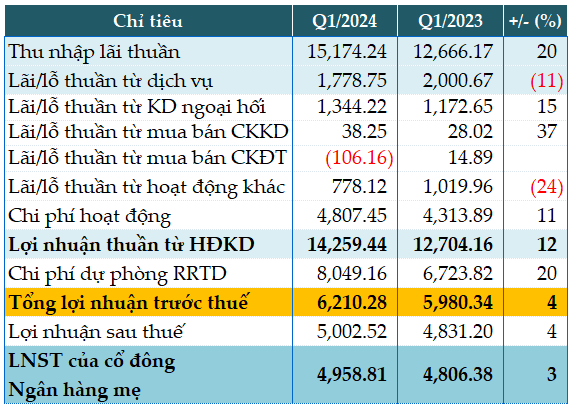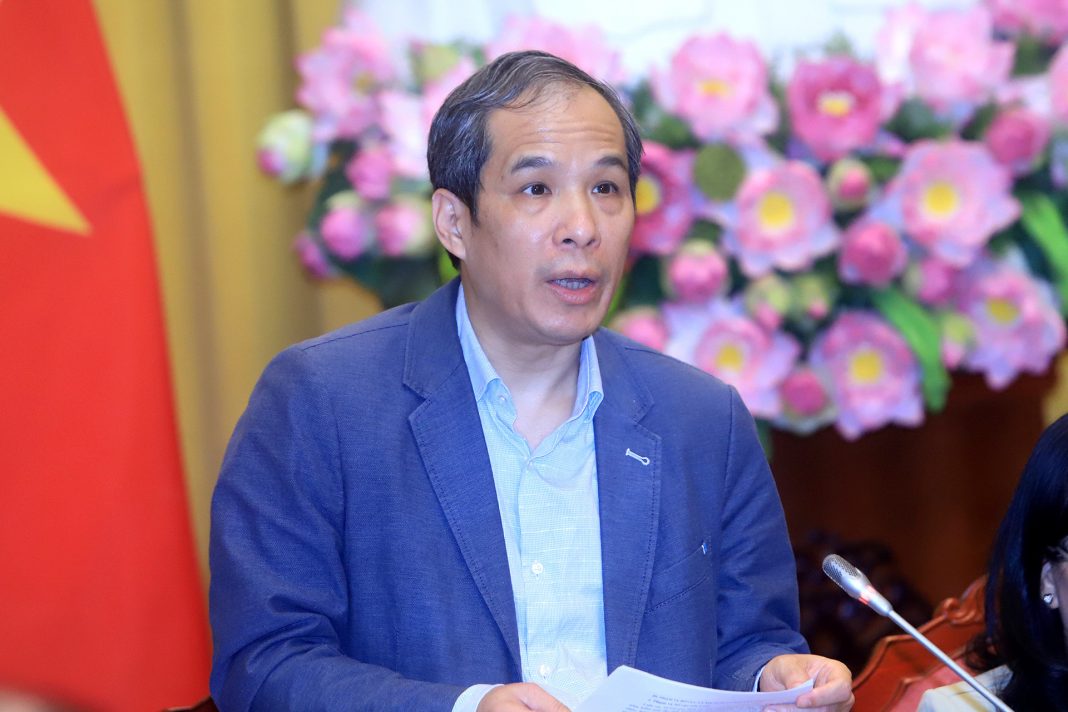On February 19th, the Office of the State President held a press conference to announce the President’s orders regarding the promulgation of the Amended Law on Credit Institutions, which was passed by the National Assembly in mid-January.
Deputy Governor of the State Bank of Vietnam, Doan Thai Son, stated that the Law on Credit Institutions consists of 15 chapters and 210 articles, which will come into effect on July 1st. It is expected that there will be 2 decrees and 4 circulars to provide detailed provisions on the Law on Credit Institutions in 2024.
The law has completed regulations to enhance the management, governance, and restriction of abuse of rights by majority shareholders, as well as management and governance to manipulate the operations of credit institutions. The law has also reduced the ownership limits of shareholders who are organizations, shareholder groups, and related individuals.
The law sets a five-year roadmap for gradually reducing credit limits, amending and supplementing provisions regarding the concept of related persons.

Deputy Governor of the State Bank of Vietnam, Doan Thai Son. |
The new law also supplements the obligation to disclose and publicize information on shareholders who own 1% or more of the legal capital of credit institutions, as well as information on related persons of managers and executives of credit institutions.
According to the Deputy Governor, these provisions aim to enhance the management, governance, and transparency of the operations of credit institutions and branches of foreign banks, and to limit the manipulation and control of activities by major shareholders and major shareholder groups within credit institutions.
The law has added requirements for commercial banks and branches of foreign banks to develop anticipated remediation plans in cases of early intervention. The remediation plan must be developed and approved by July 1st, 2025, or within 1 year from the date of the license issuance.
Under the Law on Credit Institutions, commercial banks and branches of foreign banks must update and adjust remediation plans at least every 2 years to ensure their compliance with the actual operations of credit institutions.
The approach to early intervention in credit institutions has also been revised to be in line with international practices.
With the spirit of “remote and early”, Deputy Governor of the State Bank of Vietnam, Doan Thai Son, affirmed that when detecting credit institutions falling under the cases of early intervention, the State Bank of Vietnam will send a written document to the credit institution.
This document will specify the requirements and restrictions imposed on the credit institution, including the development and updating of remediation plans to address any weaknesses arising from the operations of the credit institution.
If the credit institution successfully implements the remediation plan and returns to normal operations, the application of restrictions and requirements by the State Bank of Vietnam will also cease.
According to the Deputy Governor, the cases subject to early intervention have also been reviewed and supplemented compared to the current law.
The Law on Credit Institutions supplements provisions on mass withdrawal of funds, including clear provisions on measures to be applied when a credit institution experiences mass withdrawal of funds, including self-remediation measures by the bank and liquidity support measures to ensure system safety and protect the rights of depositors.
Regarding special control and restructuring plans for credit institutions, the Law on Credit Institutions provides plans for recovery, merger, consolidation, transfer of all shares, capital contributions, compulsory transfer plans, dissolution plans, and bankruptcy plans.
The development and implementation of restructuring plans for credit institutions under special control have also been revised to address difficulties and challenges that have arisen recently.
Tran Thuong









































